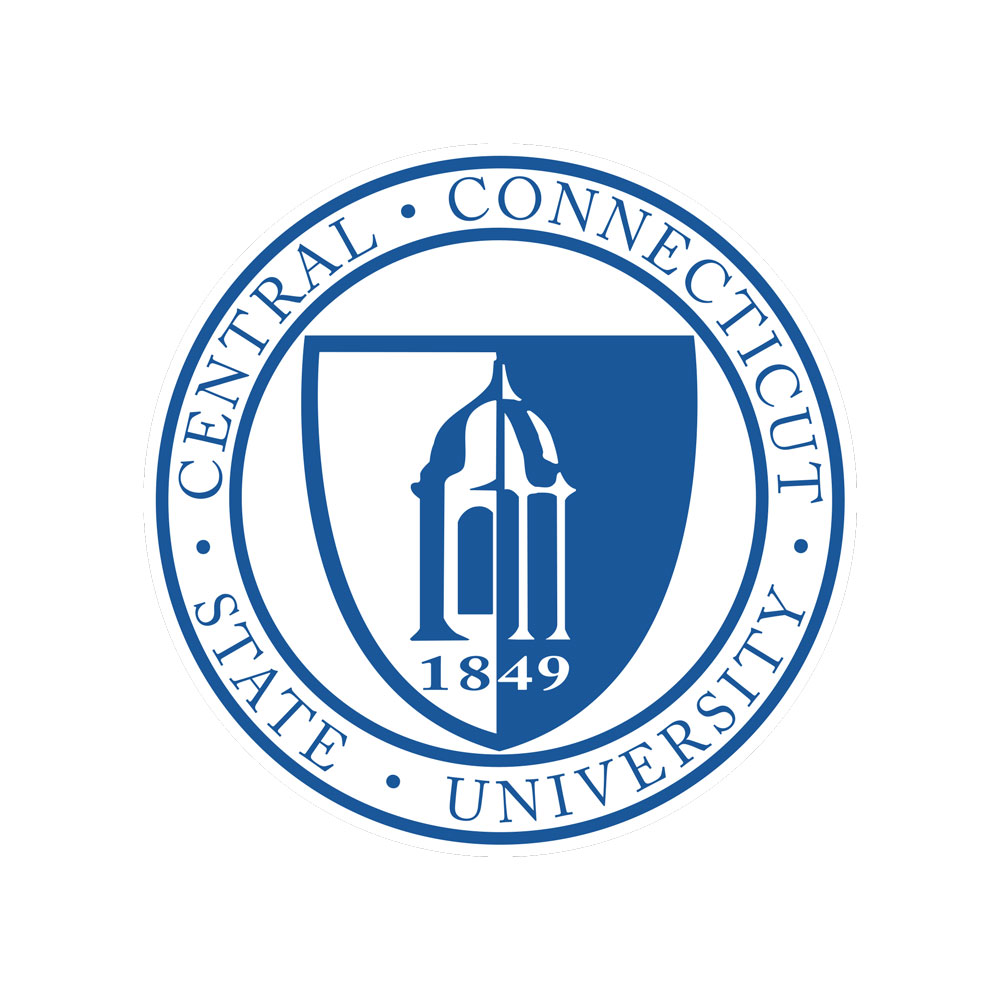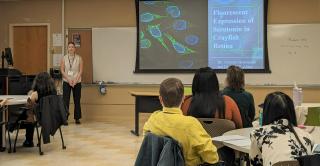
Background
All majors (and minors) in the Department of Biomolecular Sciences are required to maintain a Student Portfolio. The structure of the Student Portfolio will be formally introduced to students in BMS 190 and BMS 290, the research "recitation" core component of all programs in Biomolecular Sciences.
Narrative statements are often an important part of an application package, whether you are seeking immediate employment or advanced training in a graduate or medical school program. We are not, however, asking you to write a narrative statement now so that you can apply to medical school early. It is a fact that undergraduates who maintain a narrative statement are more successful than those who don’t, and we sincerely want you all to succeed.
So how can this simple task make a better student out of you? Here’s how:
- By writing a narrative statement you will accelerate the process of defining your long-term academic and career goals. Defining your goals will lead to increased self awareness and self confidence, required ingredients for meeting the goals you set. (You Will Learn Why You Are Here.)
- You will develop a greater awareness of and will participate more in a wider range of experiences available to you in Biomolecular Sciences. Increased involvement in your education is guaranteed to produce higher academic achievement. (You Will Make The Most of What Is Here For You.)
- By reading your narrative statement your teachers and advisors in Biomolecular Sciences will become aware of your goals, making us better able to help facilitate your success. (We Will Find Out What You Need From Us.)
Your Narrative Statement
Narrative structure
This is merely a recommendation, in case you have trouble getting started. I’m thinking each lettered topic might need its own paragraph.
- Who are you, what is your primary educational goal?
- How/when did your interest in this goal begin and develop?
- How will your undergraduate program (both academic and non-academic experiences) advance you toward your goal?
- What have you done already, what are you doing now, what do you plan to do later?
- What has been the most difficult challenge you have had to face in your undergraduate program? How did/will you handle it?
- What has been the most positive educational experience you have had so far?
- What educational or career objectives do you envision for your life after CCSU? How will the undergraduate program you have described prepare you for the next step?
Narrative length and style
Your narrative statement must be between 300 and 500 words. It must be typed, not hand written, on plain white paper, and it must be double-spaced. Be sure to keep the electronic version someplace where you can find it easily.



